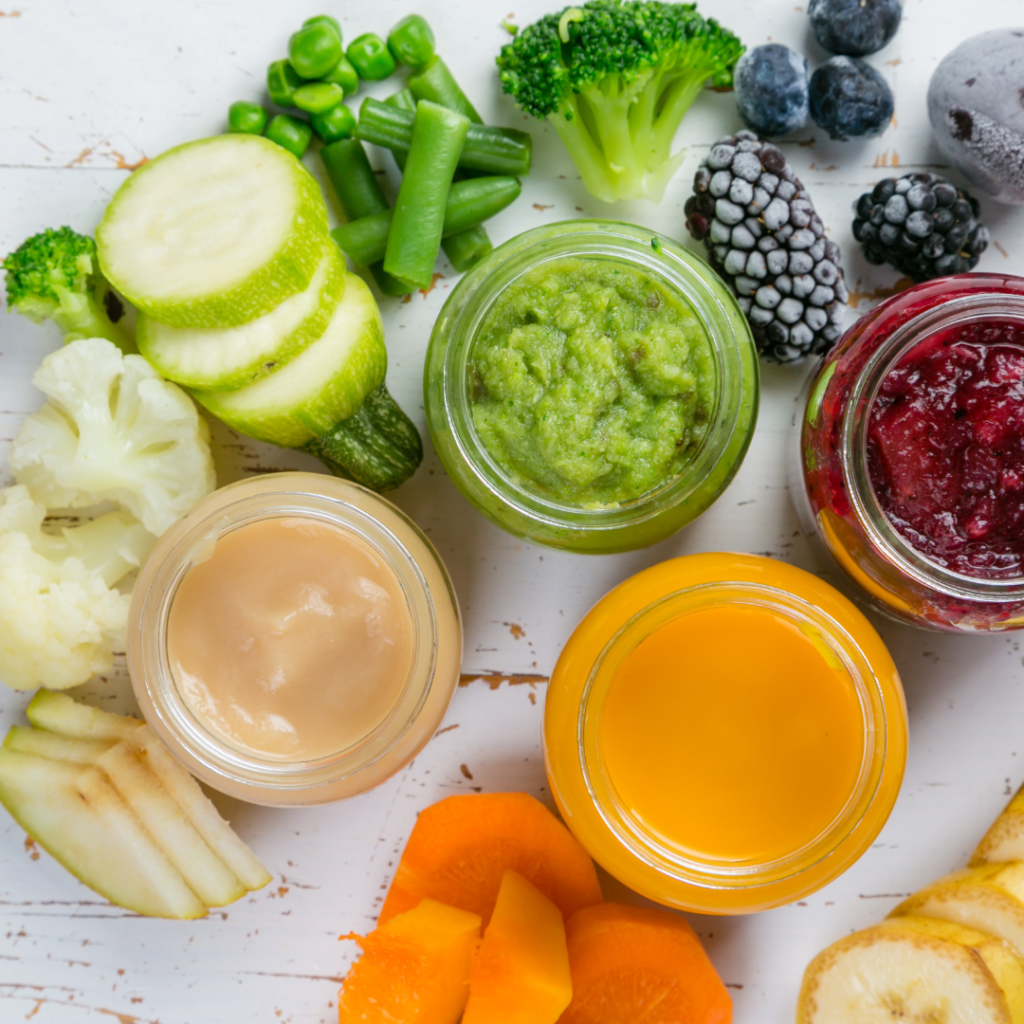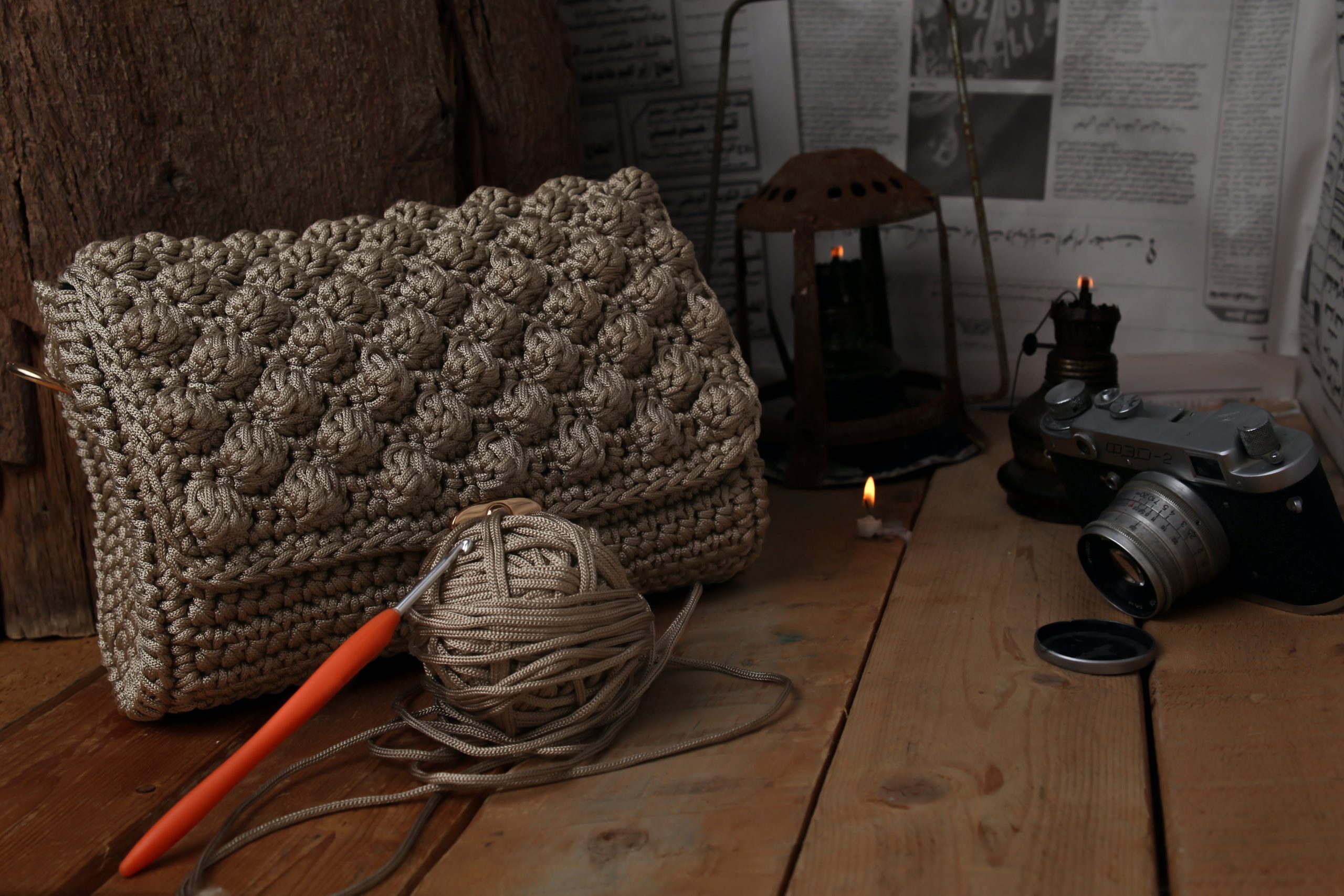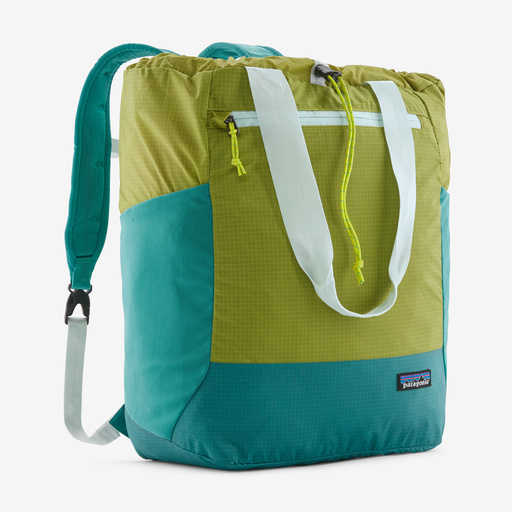How Long Does Homemade Baby Food Last? A Guide for Safe and Nutritious Meals
As a new parent, you’re bombarded with information and questions, one of which likely concerns the proper handling of your little one’s food. Ensuring your baby consumes safe and nutritious meals is paramount, and knowing how long homemade baby food lasts is crucial. This article delves into the shelf life of different types of homemade baby food, offering essential guidelines for proper storage and consumption, empowering you to make informed decisions for your child’s well-being.
Understanding Shelf Life and Storage Methods
Homemade baby food, while offering personalized control over ingredients, has a shorter shelf life compared to commercially prepared options. This is due to the absence of sterilization processes used in commercial food production. Here’s a breakdown of its shelf life:
- Refrigerated: Freshly prepared homemade baby food, stored in an airtight container, can be safely kept in the refrigerator for 24-48 hours. However, be mindful of the specific ingredients used. Meat-based purees typically have a shorter shelf life compared to pureed fruits and vegetables.
- Frozen: If you plan to store homemade baby food for longer, freezing is a viable option. This method extends its shelf life to up to 3 months. Portion the food into freezer-safe containers, label them with the date, and store them in the back of the freezer for optimal temperature control.
Important Safety Reminders: Prioritizing Your Baby’s Health
While shelf life offers a general timeframe, prioritizing safety is crucial when dealing with your baby’s food. Here are some essential reminders:
- Always follow recommended storage times.
- Discard any leftover baby food that hasn’t been consumed within the recommended timeframe.
- Never refreeze thawed baby food. Freezing and thawing repeatedly can compromise the food’s quality and safety.
- Maintain meticulous hygiene throughout preparation, handling, and storage. This includes washing hands, utensils, and surfaces thoroughly with hot, soapy water to prevent bacterial contamination.
- Use your senses to evaluate the food before serving. Look for any signs of discoloration, mold growth, or unpleasant odor, and discard the food if anything seems off.
- Consult your pediatrician if you have any concerns about homemade baby’s food storage or your baby’s specific dietary needs.
H2: Exploring Shelf Life Nuances: Beyond the Basics
Understanding the factors influencing shelf life empowers you to make informed decisions:
- Ingredient Impact: Fruits and vegetables with higher acidity, like citrus and tomatoes, have a slightly longer shelf life due to their natural antibacterial properties. Conversely, starchy vegetables and meat-based purees require prompter consumption.
- Portion Control and Hygiene: Preparing smaller portions of homemade baby food helps reduce the risk of exposing larger containers to repeated handling and potential contamination. Labeling batches with the preparation date ensures you prioritize consuming older batches first.
Freezing Techniques and Thawing for Safe Consumption
Freezing extends the life of homemade baby food, but proper techniques are essential:
- Blanching: Before freezing, especially vegetables, consider blanching. This involves boiling the food briefly and then rapidly cooling it, which inactivates enzymes that can cause loss of color, flavor, and texture during freezing.
- Safe Thawing Methods: Thaw frozen baby food in the refrigerator overnight or under running cold water for a shorter timeframe. Avoid thawing at room temperature, as this creates a warm zone conducive to bacterial growth.
Additional Tips for Safe and Efficient Homemade Baby Food Handling
- Invest in a small refrigerator or freezer dedicated to baby food storage, especially if you frequently use homemade options.
- Opt for BPA-free and airtight containers specifically designed for baby food storage.
- Never taste-test leftover baby food to check for spoilage. Use your sight and smell to assess its safety.
By following these guidelines and understanding the nuances of shelf life, you can confidently prepare and store homemade baby food, ensuring your little one enjoys safe and nutritious meals throughout their development. Remember, prioritizing safety is paramount when it comes to your baby’s well-being.





